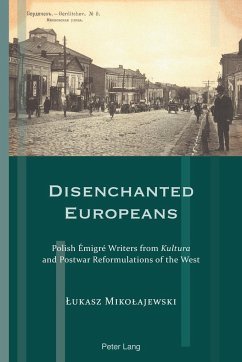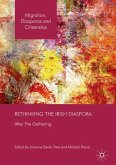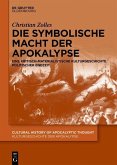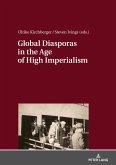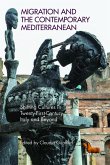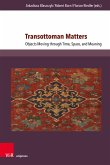As Europe experienced tumultuous change after the Second World War, two Polish exiles, Jerzy Stempowski (1893-1969) and Andrzej Bobkowski (1913-1961), discussed and redefined their ideas of the continent in the pages of Kultura, the Polish émigré review. Highlighting the changes in their writings about «the West», «the East» and «civilization», this book pieces together the evolution of their own self-understanding as Europeans, the overlooked shifts of accents along with silences and falsifications. By following these two writers' accounts of the events that led them from Poland and Ukraine to France, West Germany, Switzerland, the United States and Latin America, this study shows the tension between changing discourses and individual lives, between the wider concept of Europe and the experience of exile, emigration and belonging.
'In a feat of careful research and textual analysis, Mikolajewski captures the way these Polish exile writers moved physically and existentially across the chasm of the Second World War, adjusting their views to the massive shifts in politics and society the war entailed. In the case of Bobkowski, his wartime anti-Semitism was an element he never fully confronted. This book makes a valuable contribution to the study of modern Polish literature and modern European intellectual life.' (Laura Engelstein, Henry S. McNeil Professor Emerita of Russian History, Yale University, co-translator with Grazyna Drabik of Andrzej Bobkowski, Wartime Notebooks: France, 1940-1944)
'A great exploration of ambiguities of Polish cultural identity.' (Janusz Korek, Stockholm University)
'A great exploration of ambiguities of Polish cultural identity.' (Janusz Korek, Stockholm University)
